A couple of weeks ago, we talked about the hazards of weeds that can harm your pet. But, what about things you might plant or use in your yard or garden?
Some common flowering plants can be dangerous, if not lethal, to companion animals. Bulbs such as tulips, hyacinths, iris, crocus, and daffodils can pose a threat to pets. If a dog or cat eats bulbs, they can experience vomiting, diarrhea, drooling, and (rarely) seizures.
Lilies are of most concern for cat families. If a cat ingests any part of Asiatic or daylilies, it can cause serious damage to their kidneys. 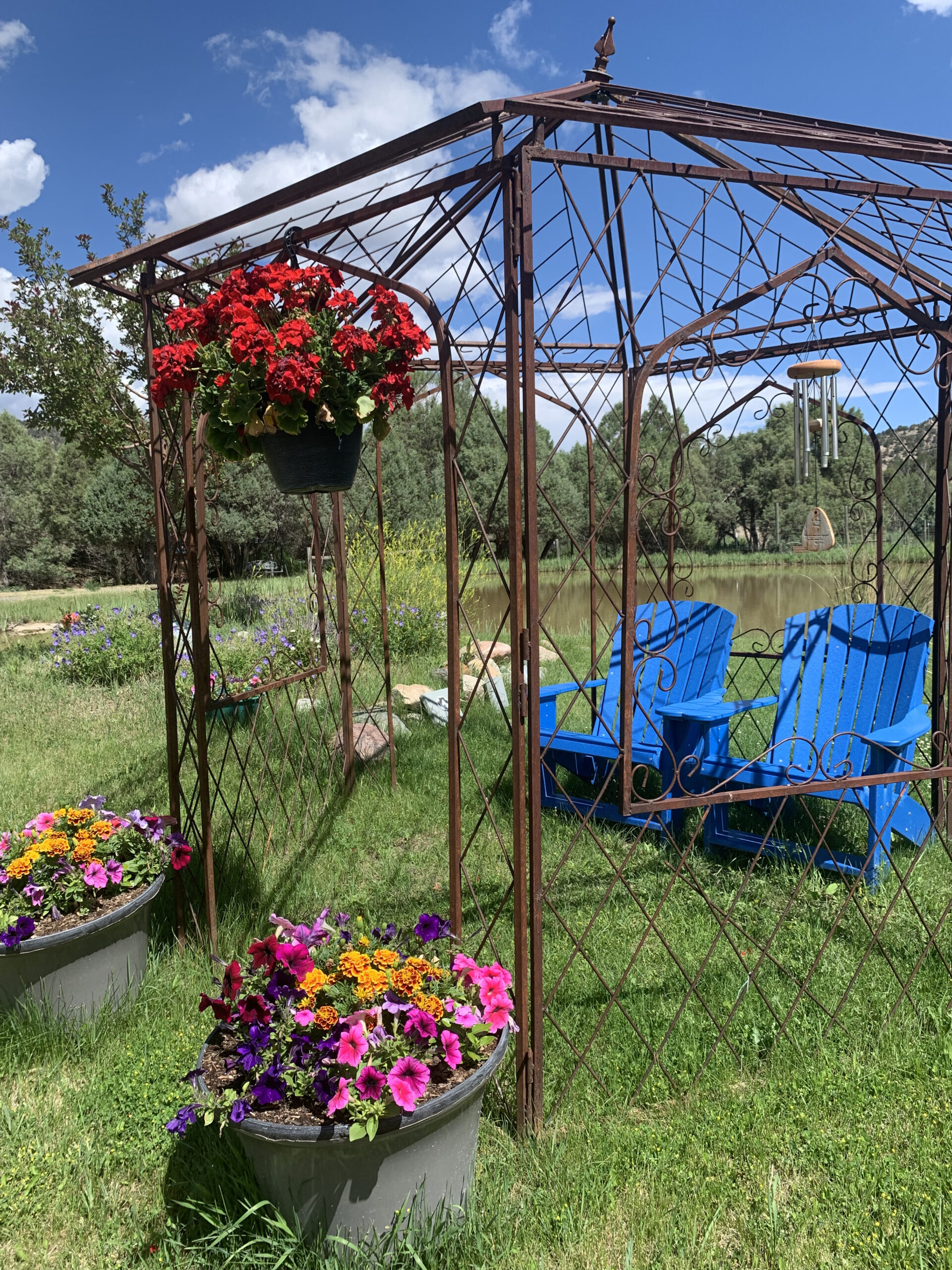
Fruiting vines such as grapes can cause problems if a dog or cat eats the fruit, especially in large quantities.
In the fall, common acorns are a concern for dog parents. They contain a chemical that is toxic to dogs. If eaten, acorns can cause upset stomach and can lead to liver and kidney failure and be fatal. It is also possible for acorns to cause a blockage of the intestines in smaller dogs.
Vegetable gardening can also present dangers for pets.
Veggies in the Allium genus, such as onions, garlic, and chives should be kept away from pets. When eaten in sufficient quantities, they can damage the red blood cells of dogs and cats and cause serious health concerns. 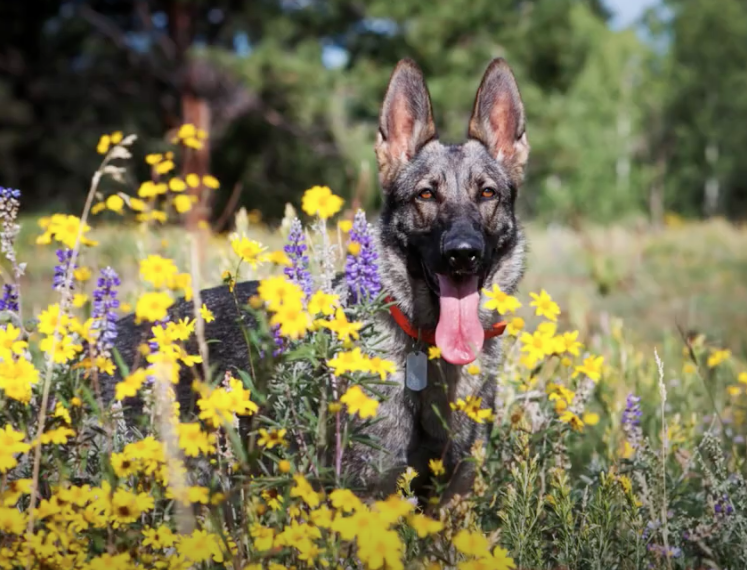
If you’re adding herbs to your vegetable garden, avoid planting mint. Mint is toxic to both cats and dogs due to its essential oils. If your pet ingests enough, they could experience vomiting and diarrhea.
Some vegetables are poisonous in certain circumstances, but perfectly healthy in others. For instance, tomato plants and unripe tomatoes are toxic, but ripe tomatoes can be safe, non-toxic treats. Similarly, raw potatoes may be problematic for your pet, but cooked potatoes are fine in moderation. Rhubarb leaves and green stalks can result in tremors, diarrhea, vomiting, and weakness. However, ripe, red stalks of a rhubarb plant are non-toxic to pets.
In addition to plants, there are other common hazards in your yard and garden. Fertilizer and compost can be appealing and potentially dangerous to curious dogs. Insecticides can be hazardous to your pets. Make sure your pet is out of the area when applying fertilizers or insecticides, research organic or natural options, and always follow all the label instructions.
 One of the most common garden dangers for dogs is cocoa mulch. It contains cocoa bean shells and various chemicals that can make a dog sick if ingested, just as if he had eaten too much chocolate. Cocoa mulch ingestion can lead to gastrointestinal issues, rapid heart rate, seizures, and even death. Bark mulch is a much safer alternative.
One of the most common garden dangers for dogs is cocoa mulch. It contains cocoa bean shells and various chemicals that can make a dog sick if ingested, just as if he had eaten too much chocolate. Cocoa mulch ingestion can lead to gastrointestinal issues, rapid heart rate, seizures, and even death. Bark mulch is a much safer alternative.
The ASPCA has a comprehensive list of toxic plants here.
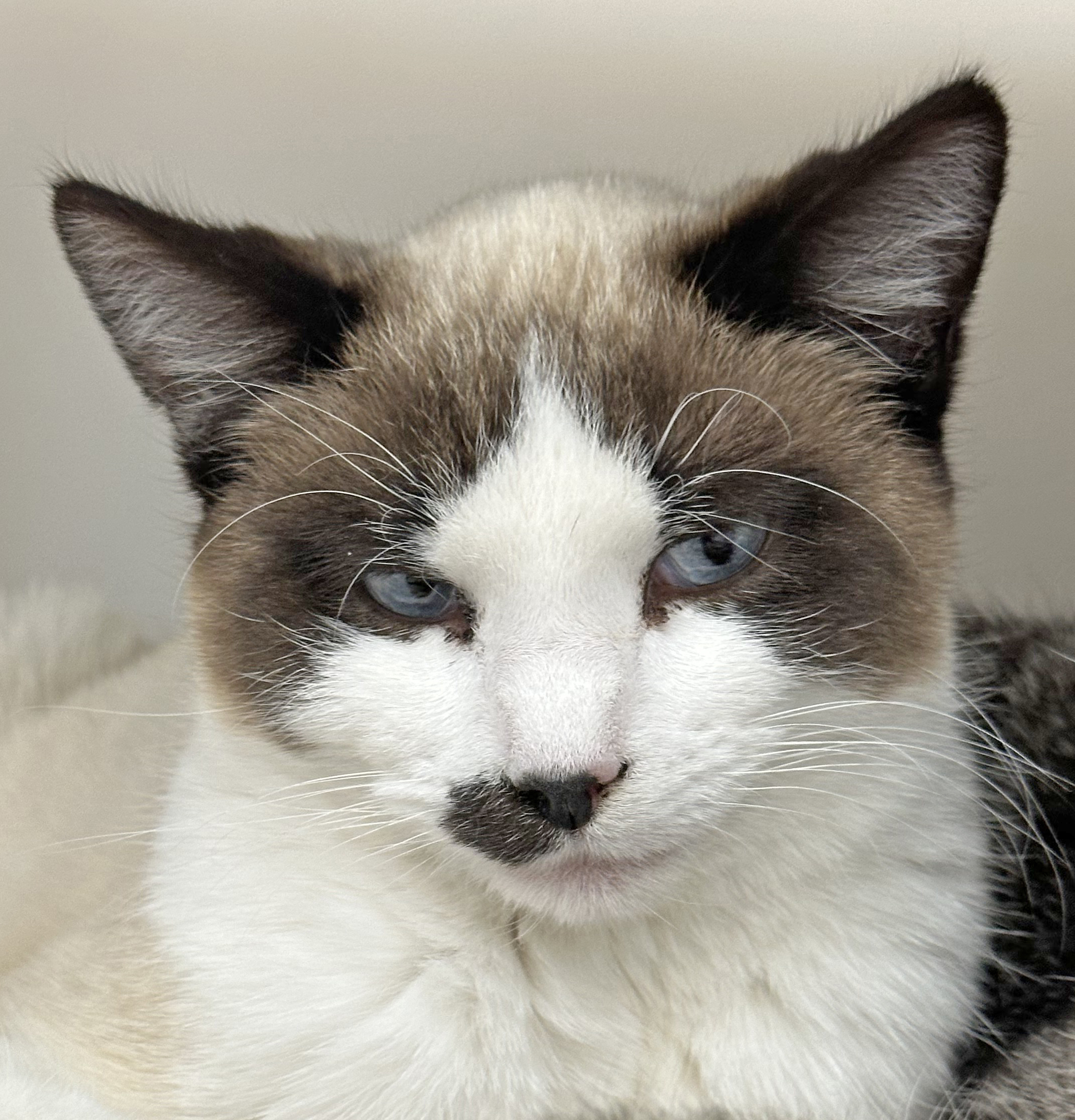
Snowball is a young snowshoe boy who has the cutest little half mustache and beautiful blue eyes. He’s super sweet and appreciates the love that’s given to him. He’d love to have a home where he can settle in and have his full personality shine.
For thirty years, the Animal Resource Center and Shops of Second Chance Humane Society have been serving Ouray, San Miguel, and Montrose Counties. Our adoption hours are from Wednesday to Sunday, 11 a.m. to 5:30 p.m. You can view our shelter pets and services online at www.secondchancehumane.org. Connecting Pets, People, and Community While Saving Lives.

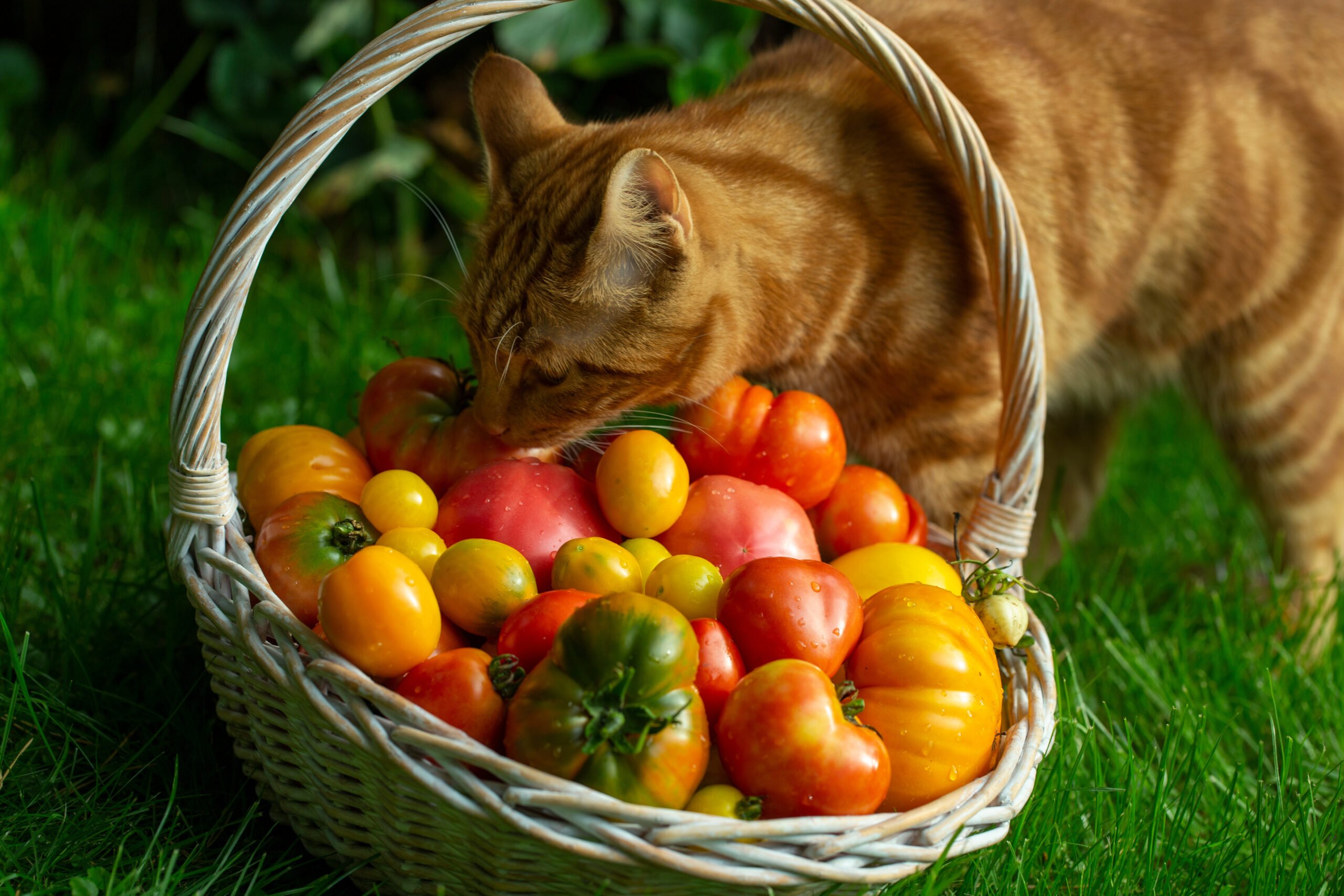
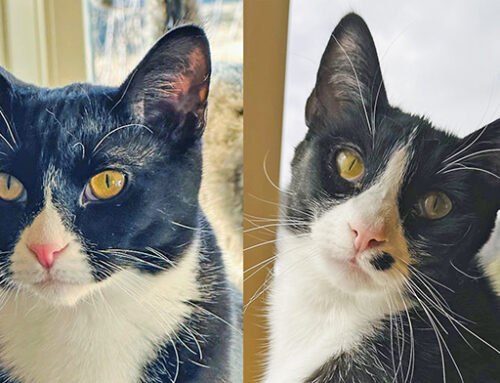
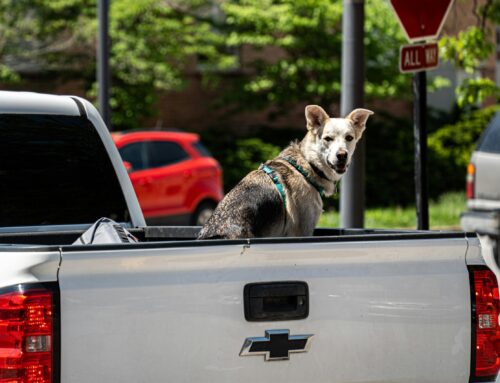
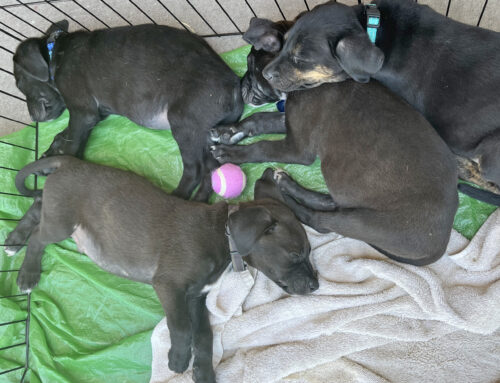

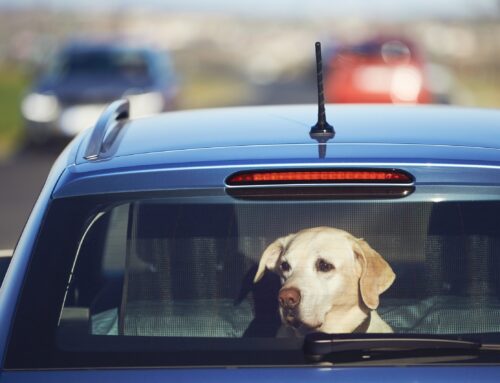
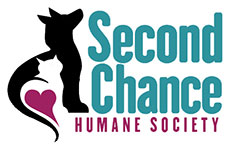
Leave A Comment